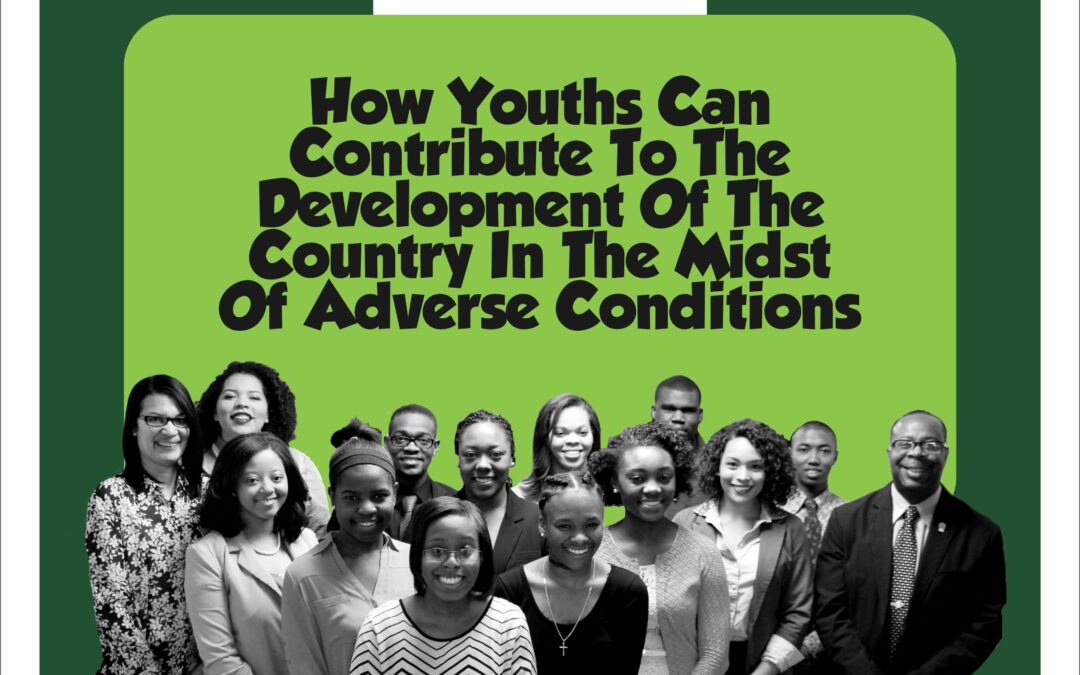According to history, in 1914, the Southern Nigeria Protectorate was combined with the Northern Nigeria Protectorate to create the colony and Protectorate of Nigeria. By the late 1950s, there are calls for independence of territories in Africa, and the country being granted independence on October 1st 1960, – as the Constitution was amended and the country was declared the Federal Republic of Nigeria with Nnamdi Azikiwe, previously Government General as the First Executive President.
Nigeria’s most diverse feature is its people. There are approximately 250 ethnic groups, each ethnic groups inhabits a territory that it considers to be it’s own by right of first occupancy and inheritance.
The ethnic groups are majorly into three, the Hausa, the Yoruba and the Igbo. Hundreds of languages are spoken in the country, including Yoruba, Igbo, Fulani, Hausa, Edo, Ibibio, Tic and English. Research Suggests that ethnic diversity alone accounts for about 28% of the growth differential between Africa and East Asia.
Nigeria is not only large in the area; it is larger than the U.S state of Texas, also Africa’s most populous country. As at September 30 2020, Nigeria Population is 207,469,452 (worldometers) out of which 33,652,424 is the total population are youths (according to Wikipedia).
Youths are the building blocks and the foundation of our society. They are the workforce of any nation. They are the ones who really can make the change needed. However, major challenges are facing Nigerian Youths which are hindering the proper growth and development of the country. Some of these major challenges are stated below:
Firstly, corruption; the fact is Nigeria and corruption are like five and six. Nigeria has been engaged in a corrupt system over decades. Nigerians are nurtured up in the corrupts system run by the rulers, and the results of being nurtured in such a system are the major reasons why nowadays youths are involving in cyber crimes, bribery and so one.
The second notable challenge is unemployment; the National Bureau of Statistics stated that the unemployment rate among the youths at 65%. Lack of employment opportunities has led many to involve in illegal acts like ritual, kidnapping and so on when all that they were expecting after graduation is a lucrative job.
Other Challenges are drug abuse, lack of facilities for entrepreneur, poor education, lack of political involvement and lastly insecurity.
However, these challenges can be overcome if rulers are ready to take actions and youths too are ready to change. Stated below are some of the solutions that should be put in place;
(i) Youths can be a positive force for development when provided the basic knowledge and opportunities they need to thrive. Youths need to leverage on the use of the internet to learn many skills from soft skills and hard skills. Also, public empowerment programs like Npower, YouWin and all other aimed towards developing youths by providing softs skills and education needed to contribute in a productive economy and also the accessibility of job market should be provided.
(ii) Provision of basic and better infrastructures for entrepreneurs.
(iii) There should be a review of the educational sector; we should look beyond our society. Students too should not rely on what is being taught in classrooms alone there is a need to explore, the internet is your go-to place to learn beyond the school wall, it is here to stay.
(iv) Lastly, there should be enlightenment and sensitization on the importance of activities in government. Nigerian youths are expected to actively participate positively in the politics of the country rather than engaging in unnecessary and unproductive activities to pull down the government.
These and many others are the major feasible solutions that should be put in place to make a better Nigeria.
Many of these challenges have been addressed and listed under the 17 Sustainable Development Goals (SDGs). We have numerous Nigerians who founded Non-Government Organisation (NGO) to tackle these problems, most especially the one affecting the youths. Notable individuals like Ridwan Rasheed, who founded our prestigious organisation, ZeroToOne Foundation, to solve the problems facing youths in area of employment, entrepreneurship and leadership; Gbenga Ogunbowale, founded The Orphanage Empowerment Society (TOES) to cater the orphans and the less privileges; Hammed Kayode Alabi founded Kayode Alabi Leadership and Career Initiative- KLCI, to reduce inequalities by helping underserved young people to develop life skills and forge trajectory for their career through Education for Sustainable Development (ESD), Global Citizenship Education, Mentorship and Advocacy; Oyindamola Johnson, who trains youths human capital development, leadership and nonprofit management and many other amazing Nigerian Youths.
We salute the courage and impacts many youths are making to make the country a better place, together we can make the world better.

Long Live the Federal Republic of Nigeria
Happy Independence Day Nigeria @ 60
Love From All of Us @ ZeroToOne Foundation
Written By: Naheemat Olawale (Assistant Director of Communications)


A round of applause for your blog post. Really thank you! Awesome. Grata Amory Weisman